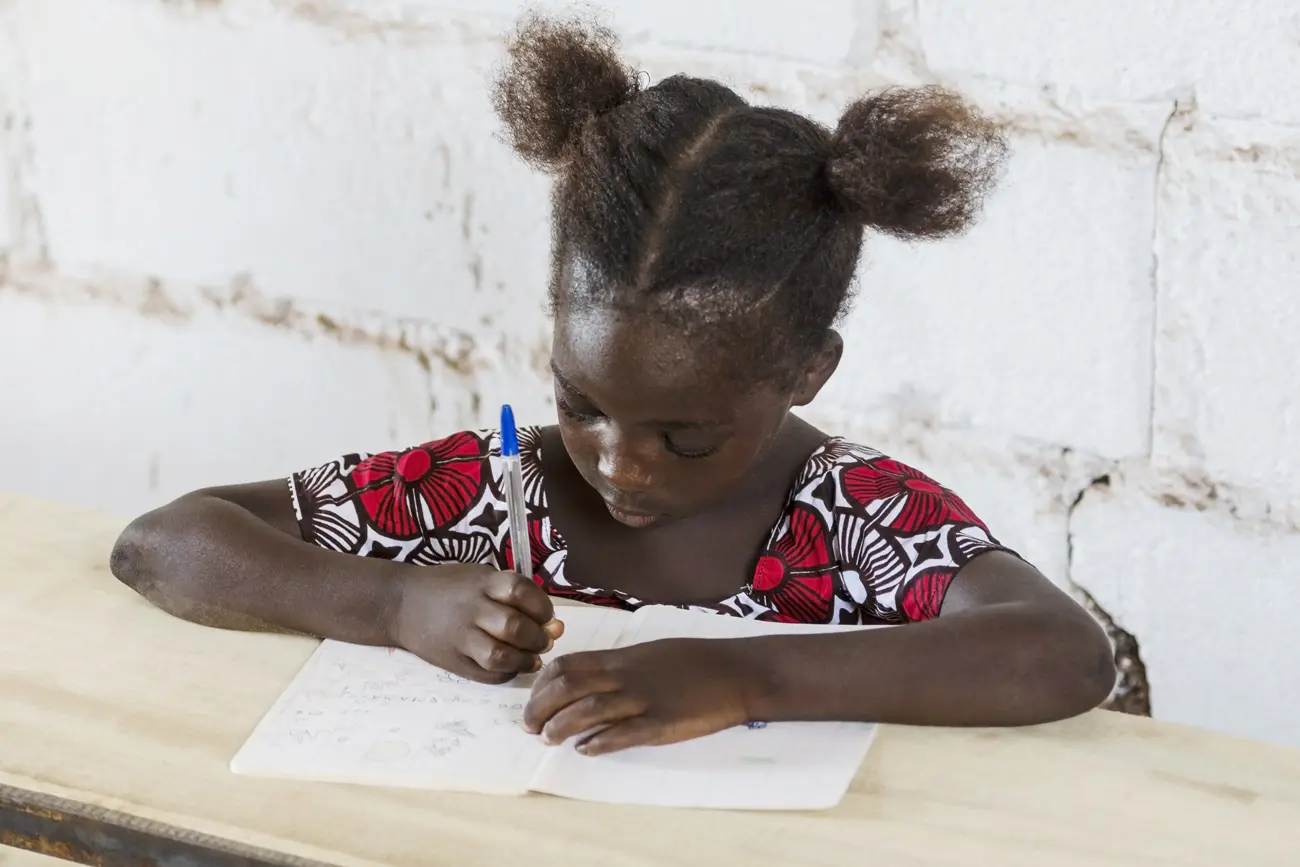
Johannesburg – The government’s decision to leave the International Criminal Court (ICC) has dominated headlines.
This short-sighted move has received warranted condemnation as it shows little regard for the victims of international crimes or the constitution. What is most concerning is that this decision also shows a lack of understanding of the need to have a permanent accountability mechanism.
When one looks at Africa, in particular, much-needed domestic and regional justice for international crimes is lacking. South Africa has been part of the ICC since it ratified the Rome Statute in 2000. Taking its commitment to fight impunity to the next level, South Africa domesticated the statute in 2002 and it has been an integral part of the domestic legislative framework since then.
However, the arrival of Sudanese President Omar al-Bashir last year and South Africa’s failure to arrest him in accordance with the law triggered thoughts of withdrawal. Those thoughts have regrettably been turned into actions. While the state is being challenged on whether it has legally begun the withdrawal process, let us imagine for a moment it is effective. What does the existing African criminal justice landscape look like?
Domestically, should South Africa leave the ICC and repeal the legislation that binds the nation to co-operate with the ICC, the framework that governs the prosecution and investigation of international crimes will no longer exist. This leaves citizens and the victims of such crimes with nowhere to turn.
Many African states are in a worse position as they do not have the requisite legal framework to try international crimes and often face challenges related to the independence of the judiciary, capacity of local police and prosecutors, financial constraints and many more.
Sub-regionally, the Southern Africa Development Community Tribunal, a body which previously could grant relief to individual complainants, no longer exists. Its demise was supported by South Africa.
If it is revived, it will (thanks to a number of southern African heads of state) only have jurisdiction to hear interstate disputes and will no longer be able to hear grievances from individuals.
Continentally, the African Court lacks criminal jurisdiction and cannot try genocide, war crimes or crimes against humanity. In any case, South Africa, and a number of other African states, have not made the declaration allowing NGOs and individuals direct access to the court.
The AU is seeking to give this court criminal jurisdiction and has produced amendments detailed in the Malabo Protocol, to make this possible. However, this also includes the provision of immunity for heads of state and senior government officials during their tenure in office.
The result would be that victims would have to wait until a leader steps down before justice can be done. In the meantime, memories fade, evidence disappears, and witnesses die. Within the African context where more and more heads of state are extending their terms of office, justice would be almost unattainable.
Ultimately, it is ordinary people who will suffer while leaders play political games with serious matters of justice and accountability. Frankly, the African criminal justice landscape as it stands is incomplete and in need of concerted efforts aimed at filling the void.
The ICC was designed to try genocide, war crimes and crimes against humanity wherever they occur, including Africa. It is a court of last resort that intervenes only when a state is unwilling or unable to deliver justice. Domestic courts retain jurisdictional primacy. The ICC has thus far played an important role in bringing justice to victims and for as long as perpetrators of crimes that shock the conscience of humanity remain out of domestic reach, the ICC will have a role to play.
That said, the ICC is far from perfect. It has limited jurisdiction and is severely hampered by the burden imposed by the UN Security Council (UNSC) referral.
The UNSC has the power to refer non-signatory states to the ICC and the permanent members can veto such a referral. Given that three of the permanent members are non-signatories to the Rome Statute, this presents an unfair picture that adds fuel to the accusations of bias in the system.
The international criminal justice project has several important pillars, including a permanent international criminal court. States should be pro-actively engaging and pushing for constructive change within the ICC. States should also be working to build credible and impartial domestic and regional institutions that can deliver justice as these mechanisms constitute a vital part of the global framework.
To ensure the international criminal justice project survives, all the pillars (domestic, regional and international) must be fortified. Abandoning one important pillar is detrimental to the entire project



